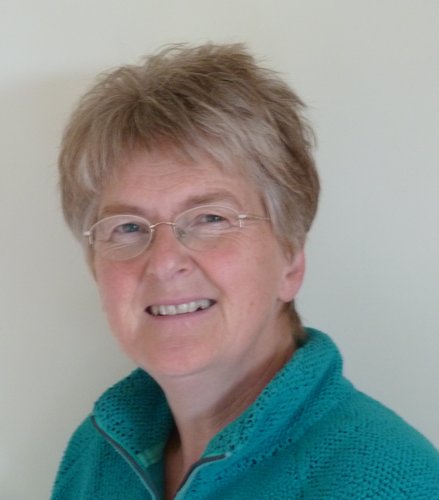Ocean Acidification and Biogeochemistry: variability, trends and vulnerability (VOCAB)
Summary of the project
This project aims to address some of the gaps in our current knowledge of the vulnerability of selected marine ecosystems in Irish waters to ocean acidification (OA), by exploring some of the complex biogeochemical processes occurring at fine scales in selected ecosystems, and by studying the larger scale biogeochemistry of ocean waters impinging on those ecosystems. Fine scale sampling will focus on three areas, one of direct commercial interest (shellfish aquaculture) and two of wider importance (kelp beds and deep water coral ecosystems). This project will provide key collaboration and support to an Irish led international N. Atlantic GO-SHIP survey (A02 line), proposed for May 2017. The project will support and further develop the existing OA observation programme in operation in Irish coastal and offshore waters since 2009, with an aim to determine interannual variability of the carbonate system and long term trends in OA. The project aims to include CFC measurements in future Rockall surveys to allow for the ageing of water masses in the region and accurate calculation of anthropogenic carbon through the water column. This will be achieved through international collaboration with experts in the field, Dr. Tanhua (Helmholtz Centre for Ocean Research, Kiel) and Dr. Azetsu-Scott (Bedford Institute of Oceanography, Canada), who have supported the proposal. The project will generate data from in situ sampling that can be used to validate biogeochemical models of how OA might progress under future climate change scenarios, and to help assess the vulnerability of ecosystems to those changes.
Area of study
Irish coastal and shelf waters and the Rockall Trough, NE Atlantic ocean
Time Table for activities
February 2, 2017 - July 31, 2021

